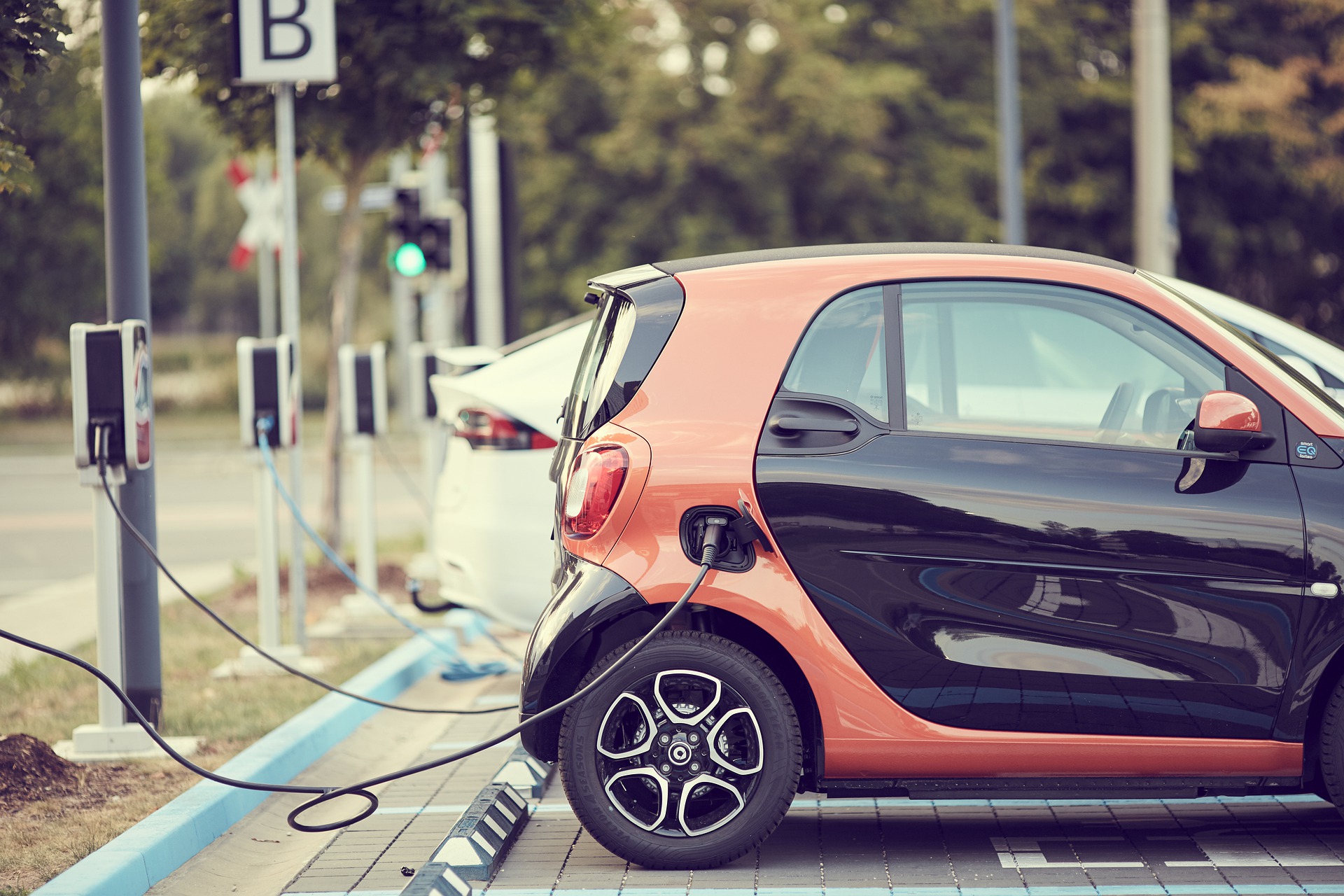Asian Automotive Companies and
Electric Vehicle’s Growth
2021/10/04

Image by andreas160578 on Pixabay
Asian automotive companies are boosting the electric vehicle market
The electric vehicle (EV) market in Asia is quickly gaining momentum as car manufacturers jump on the bandwagon to meet the region's growth and demand.
Asia Pacific, which is home to several internationally recognised car manufacturing brands – such as Toyota, Hyundai, and Honda, among many others – has seen a significant surge when it comes to EVs. Leading the pack in this region is China, which had an EV stock of 4.51 million in 2020 and sold almost 1.16 million EVs in the same year. These figures are leaps and bounds ahead of countries like India, which sold approximately 236,000 units, and Indonesia, which only sold 120.
In China, South Korea, and Japan, Asian automotive companies are trying to boost the EV market. These countries are considered to be EV leaders as they possess the technological know-how, as well as the production capability. With many Asian countries, such as Singapore, Indonesia, and Thailand, showing keen interest in the progression of EVs through rebates, reliefs, and tax policy updates, Asian automotive companies are setting their sights on capturing these market demographics.
For example, automotive giant Toyota announced in 2019 that it will be investing US$2 billion into developing EVs in Indonesia, with a projection of getting the industry to grow by 2023. The company's interest in Indonesia is mainly because the Indonesian government has made an effort to prepare a roadmap for the growth of this industry, allowing Toyota to take the lead on the industry’s development.
Earlier this year, Toyota also announced that it will be launching 15 new EV models by 2025, bringing its total EV line up to 70. According to the company, the plan is to launch these new models in China, Europe, and the United States – all considered highly viable markets.
In addition, Toyota has expressed interest in investing in China to enhance the EV market, making known its plan to pump US$13.6 billion into batteries for both EVs and hybrid cars, improving development programmes and increasing its supply.
Similarly, the Japanese carmaker Nissan has set its sights on Thailand, announcing its plans to make the country its hub for EVs within the ASEAN region and globally. With Thailand's vision to produce only EVs by the year 2035, and the government's support, Nissan has recognised the country's potential for boosting the EV market, thus encouraging the company to invest "billions of baht" into the industry.
Hyundai, a South Korean automaker giant, has also made efforts to ensure that it plays an integral role in developing EVs in Asia. In September, it was reported that Hyundai Motor Group, in collaboration with South Korea's LG Energy Solution, had begun constructing a US$1.1 billion plant producing batteries for EVs and hybrid vehicles. By setting up shop in Indonesia, Hyundai – and by extension its subsidiary Kia Motors – can tap into the country's nickel reserves to develop a robust "EV ecosystem".
The group has also made clear its target to sell 1 million EVs by 2025, and it is putting every effort into making this happen. To enhance the science behind its EVs and to set up a small-scale factory, Hyundai has invested approximately US$295 million in building a research and development facility in Singapore, tapping into the nation's infrastructure.
With the concerted efforts that these Asian automotive companies are making and the investments they are putting in to boost the region's EV market, it is to be expected that this industry will see significant development over the next couple of years. As such, these efforts will ultimately make the region's goal to reduce its carbon footprint more attainable.
